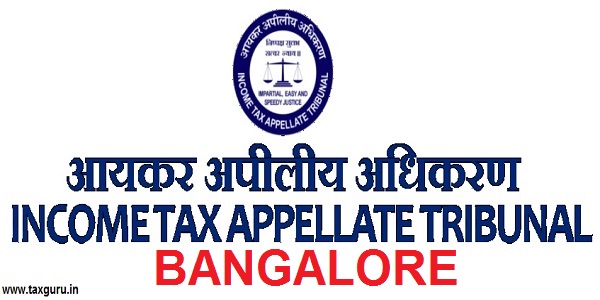Concept of Entrenchment of Articles of Association of Company
Applying provisions or conditions that more restrictive in nature than those applicable to the Company is called as “Entrenchment of Articles”. The concept of entrenchment is introduced under Section 5(3), by the Companies Act,2013. The earlier enactment does not have any such provision, but the need for such provision was recognized in the wake of protection of minorities and to keep enact the status of closely held companies. In the case of Browne v. La Trinidad the proposition was affirmed that the articles are merely a contract between the shareholders inter se, hence it can be concluded that Articles of a company are internal matter and hence, there is no logical reasoning in restricting the promoters, directors or members from deciding the matters that are internal to the company. Section 5(3) reads as follows, “The articles may contain provisions for entrenchment to the effect that specified provisions of the articles may be altered only if, the conditions or procedures as that are more restrictive than those applicable in the case of a special resolution, are met or complied with.”[1] The bare reading of this section makes it very evident that entrenchment is only about imposing stricter conditions. Any alteration in the articles which lays down the conditions easier than those required cannot be given justification of entrenchment and are void. Section 14 of the Act makes it very clear that nothing in articles can be contradictory of the Act and as well as to the Memorandum of the company. Subject to the provisions of this Act and the conditions contained in its memorandum, if any, a company may, by a special resolution, alter its articles[2].
Modes of Entrenchment of Articles
“The provisions for entrenchment referred to in sub-section (3) shall only be made either on formation of a company, or by an amendment in the articles agreed to by all the members of the company in the case of a private company and by a special resolution in the case of a public company”.[3] Hence, sub section 4 of section 5 makes it very clear that there are following two ways by which entrenchment can be done:
1. On formation of Company:
At the time of incorporation, Form SPICe+ (INC- 34) gives an option for entrenchment of Articles. To entrench the article, click on 2nd check box ‘Altered’ against the respective article.[4]
2. Amendment in articles:
Section 14 of the Act lays down the procedure for alteration of AOA. Special Resolution is required for alteration of articles.
Extent of Entrenchment:
Provision of Entrenchment is a very open-ended concept in Company jurisprudence. It is still a naïve concept and much is not said in form of precedents yet. The two exceptions which defines the extent of Entrenchment in its legislature itself are:
1. The Companies Act,2013
2. The Memorandum of Association of company.
It is very clear and evident from Section 6 and Section 14, that nothing in articles can be contrary to the Act and as well the MOA of the company. The Articles must be in consonance with both or else the provision so inconsistent with any of the two shall be void. Hence we can safely conclude that any of the provisions of the Articles can be entrenched to implement stricter condition subject to the above exceptions.
Powers of Board of Directors in Companies Act and the concept of Entrenchment:
A Company is run by its Board of Directors and its members exercising their rights in the company meetings. Under Section 179, of the Companies Act,2013, the legislature clearly demarcates the powers of the Board of Directors. The powers under this section are exclusive to Board of Directors. But through entrenchment of Articles can such powers be taken away from the board and kept exclusively in the hands of the shareholder? The answer is affirmative and the reasons being:
1. Passing a special resolution or ordinary resolution in contrary to a board resolution is any day a stricter condition hence fulfilling the requirement of Sec. 5(3).
2. 179 itself lays down a few restrictions for exercising the powers by BOD. One such restriction under sub-section (1), of the said section is Articles of Association of the Company. Hence the powers under sec. 179 are subordinate to the articles of the company.
Due to the above-mentioned reasons, it is safe to conclude that, the powers of the Board can be restricted or even taken away by entrenching the Articles of the company. Diving deep into this facility in the hands of the members, it is very big shelter for the closely held companies where directors and shareholders are same. A few members who are also the directors of the company can easily oppress the members not holding position as director. This can also act as an extra check in case of an incompetent board and in case where the shareholders do not have confidence in the Board.
Conclusion:
This concept of Entrenchment of Article very beautifully highlights that shareholders are the real owners of the business and no other better person to take decision for its business than the owners themselves. It is more or less a check for protection of minorities and many small closely held companies, where the ownership needs to be protected. In big public companies as well, this concept has a lot to serve. It is less talked about and used in practical parlance but this provision can have deeper implications than that ever thought.
[1] SEC. 5(3), Companies Act, 2013
[2] SEC. 14, Companies Act, 2013
[3] SEC. 5(4), Companies Act, 2013
[4] Instruction Kit for SPICe+ AOA (INC-34) by MCA 21


























